Exploratory Initiatives
The Exploratory Fund
The Exploratory Fund was established in 2015 to support Members who wish to work together, and with other scholars, experts, and practitioners, to look over the horizon for issues and opportunities not well understood, to think of problems in a fresh way, and to search for connections between re- search and policy that advance the common good. Through the Exploratory Fund, the Academy is committed to encouraging forward-thinking collaborations that incorporate diverse perspectives and bring together creative thinkers and leaders representing a range of disciplines, career stages, backgrounds, and experiences.
Proposals are accepted on a rolling basis and awarded funds to cover the costs associated with an Exploratory Meeting. The Exploratory Fund has supported proposals on a wide array of topics, from The Future of Jazz in America to Under- standing the New Nuclear Age. Members are encouraged to contact the Academy President and staff to discuss their ideas for Exploratory Meetings.
The Exploratory Fund is made possible through the generous support of the Arnhold Foundation, John F. Cogan, Jr., Michael E. Gellert, Bob and Kristine Higgins, Carl and Betty Pforzheimer, William Poorvu, and Kenneth L. and Susan S. Wallach.
RECENT EXPLORATORY MEETINGS
Technology and the Future of Work
February 20–21, 2018
Cambridge, MA
In partnership with the Royal Society and the U.K. Science and Innovation Network, the Academy held an exploratory meeting on “Technology and the Future of Work.” Led by cochairs Peter Donnelly, Margaret Levi, and Moshe Vardi, the participants discussed how AI-enabled automation will affect the workforce, what can be learned from history, and the use of AI for the social good. The participants represented a wide range of fields: from sociology, business, and public policy to labor, computer science, and economics. Keynote speakers included Earl Lewis, President of The Andrew W. Mellon Foundation, Antony Phillipson, Her Majesty’s Trade Commissioner to the United States, and Megan Smith, CEO of shift7 and formerly Third U.S. Chief Technology Officer.
Chairs
Peter Donnelly
University of Oxford
Margaret Levi
Stanford University
Moshe Vardi
Rice University
Participants
Daron Acemoglu
Massachusetts Institute of Technology
Andrew Blake, FRS
Alan Turing Institute
Brad Burnham
Union Square Ventures
James Caldwell
University of Wyoming
Luke Clarke
Royal Society
Gail Cohen
National Academies of Sciences, Engineering, and Medicine
Christina Colclough
UNI Global Union
Claire Craig
Royal Society
Marcus du Sautoy, FRS
University of Oxford
Juan Enriquez
Excel Venture Management
Jonathan F. Fanton
American Academy of Arts and Sciences
Richard B. Freeman
Harvard University
Howard Gardner
Harvard Graduate School of Education
Katherine Gorman
Talking Machines
Mary L. Gray
Microsoft Research; Harvard University
Barbara Grosz
Harvard University
Wendy Hall, FRS
University of Southampton
Andrew Hopper, FRS
University of Cambridge
Louis Hyman
Cornell University
Jeff Inglis
The Conversation
Anita Jivani
Envision Business Consulting
Frank Kelly, FRS
University of Cambridge
Will Knight
MIT Technology Review
Bruce Laurie
University of Massachusetts, Amherst
Earl Lewis
The Andrew W. Mellon Foundation
Nelson Lichtenstein
University of California, Santa Barbara
J. Michael Locke
formerly, Rasmussen Inc.
James Manyika
McKinsey Global Institute
Robert Margo
Boston University
Ehsan Masood
Massachusetts Institute of Technology
Angela McLean, FRS
University of Oxford
Jamie Merisotis
Lumina Foundation
Jess Montgomery
Royal Society
Alondra Nelson
Social Science Research Council; Columbia University
David Parkes
Harvard University
Alex Pentland
Massachusetts Institute of Technology
Nancy Peretsman
Allen & Company, Inc.
Carl Pforzheimer
Carl H. Pforzheimer & Co.
Antony Phillipson
U.K. Government
Ronit Prawer
U.K. Science & Innovation Network
Jason Resnikoff
Columbia University
Dan Restuccia
Burning Glass Technologies
Alex Rosenblat
Data & Society Research Institute
Daniela Rus
Massachusetts Institute of Technology
Juliet Schor
Boston College
Kristin Sharp
New America
Megan Smith
shift7
Alfred Z. Spector
Two Sigma Investments
James M. Stone
Plymouth Rock Companies
John Van Reenen
Massachusetts Institute of Technology
Michelle Weise
Strada Education Network
Irving Wladawsky-Berger
Massachusetts Institute of Technology; Wall Street Journal CIO Journal
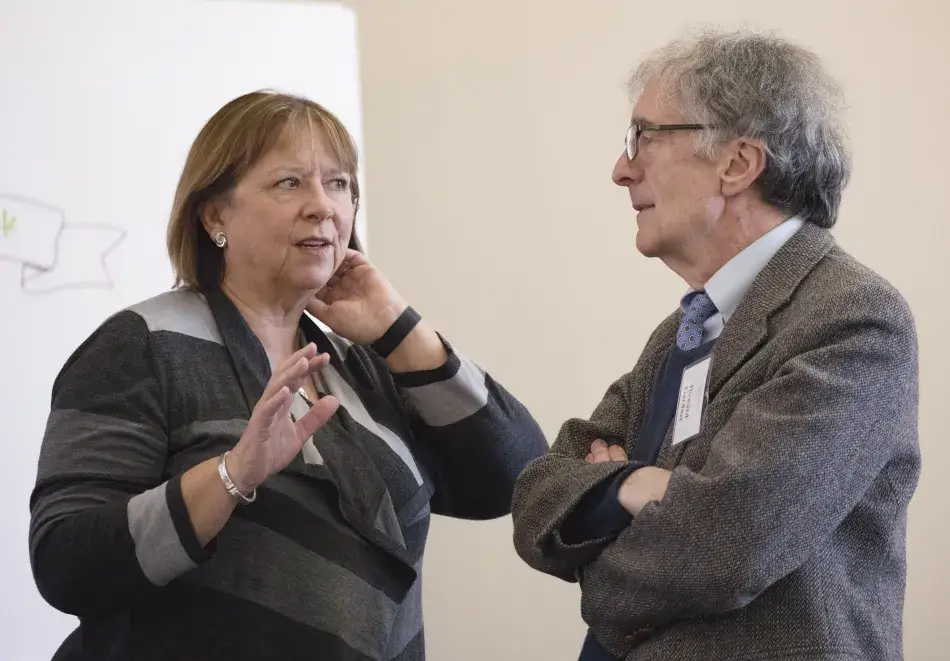
Moving Toward Equality: Mapping Women’s Achievements and Challenges around the World
December 15–16, 2017
Cambridge, MA
On December 15–16, 2017, Academy Members Nannerl Keohane and Frances McCall Rosenbluth convened a meeting at the Academy that explored the social, political, and economic realities for women across multiple and diverse contexts – considering, for example, how women exercise influence as leaders, managers, mothers, and citizens to make changes in their communities, and how women relate to power. The participants represented numerous fields of study and practice, including politics, economics, gender studies, public policy, human rights activism, history, law, and more. The discussions focused on five major areas: Work and the Economy; the Care Agenda; Vulnerability and Resilience; Innovation in Global Development; and Feminism and Inclusion. The meeting grew out of an exploratory meeting on Women and Equality, held at the Academy in 2016.
Chairs
Nannerl O. Keohane
Princeton University
Frances McCall Rosenbluth
Yale University
Participants
Tithi Bhattacharya
Purdue University
Kamala Chandrakirana
Musawah
Martha Chen
Harvard Kennedy School
Rafaela Dancygier
Princeton University
Paula England
New York University
Yassine Fall
African Women Millennium Initiative on Poverty and Human Rights
Jonathan F. Fanton
American Academy of Arts and Sciences
Nancy Folbre
University of Massachusetts, Amherst
Anne Marie Goetz
New York University
Darlene Clark Hine
Michigan State University
Mala Htun
University of New Mexico
Anita Jivani
Deloitte
Anne E. Lacsamana
Hamilton College
Jieyu Liu
SOAS China Institute
Sara Lowes
Bocconi University
Catharine Alice MacKinnon
University of Michigan Law School
Rose McDermott
Brown University
Anne Patterson
formerly, U.S. Department of State
Marshanda Smith
Michigan State University
Marta Tienda
Princeton University
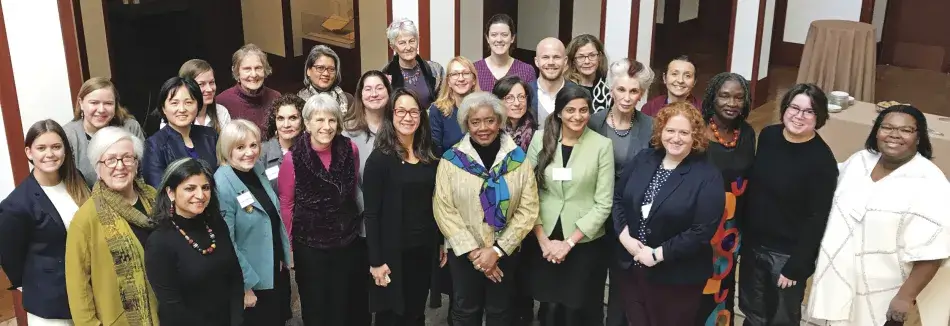
Constraints on Revising National Memories Planning Meeting
December 4, 2017
Cambridge, MA
In too many countries today one hears comments about how people in power feel entitled to rewrite history. At a time when nationalist and populist leaders are emerging across the globe, this issue takes on especially ominous overtones. Recent research in cognitive psychology has shown that people interpret current events and imagine events in the future based on how they recollect similar events from the past. Some of these findings also extend to the latest research in neuroscience on how various areas of the brain work. Academy Members Henry Roediger and James Wertsch convened a small group of scholars from psychology, history, and sociology to begin planning a larger interdisciplinary exploratory meeting on the implications of psychological and neuroscientific research on collective memories held by people in nation-states and their leaders.
Chairs
Henry L. Roediger III
Washington University in St. Louis
James V. Wertsch
Washington University in St. Louis
Participants
David Blight
Yale University
Amy Corning
University of Michigan Institute for Social Research
Carol Gluck
Columbia University
Jeffrey Olick
University of Virginia
Roger Petersen
Massachusetts Institute of Technology
Daniel Schacter
Harvard University
Science and the Legal System
July 20–21, 2017
Cambridge, MA
As the overlap between scientific learning and legal issues increases, leading scientists have reportedly shied away from involvement with the legal system or have had difficulties communicating their knowledge. Despite the importance of this issue, there are few systematic studies on how scientists view the legal system or on their experiences as consultants to lawyers or judges or as expert witnesses. Academy Members Shari Diamond and Richard Lempert, who are guest editing an issue of Dædalus on “Science and the Legal System,” convened leading scientists, lawyers, and legal scholars to learn what motivates scientists to participate in legal processes and to recommend ways to improve the relationship between science and the law.
Chairs
Shari Diamond
Northwestern University
Richard Lempert
University of Michigan
Participants
Huda Akil
University of Michigan
Robert Cook-Deegan
Arizona State University
Rebecca Eisenberg
University of Michigan Law School
Nancy Gertner
Harvard Law School; U.S. District Court for the District of Massachusetts, ret.
Linda Greenhouse
Yale Law School
Susan Haack
University of Miami
Valerie Hans
Cornell Law School
Sheila Jasanoff
Harvard Kennedy School
Jay Kadane
Carnegie Mellon University
Elizabeth Loftus
University of California, Irvine
Anne-Marie Mazza
National Academies of Sciences, Engineering, and Medicine
Jennifer L. Mnookin
University of California, Los Angeles School of Law
Jed Rakoff
U.S. District Court for the Southern District of New York
Daniel Rubinfeld
University of California, Berkeley School of Law; New York University
Michael Saks
Sandra Day O’Connor College of Law, Arizona State University
Joseph Sanders
University of Houston Law
Patti Saris
U.S. District Court for the District of Massachusetts
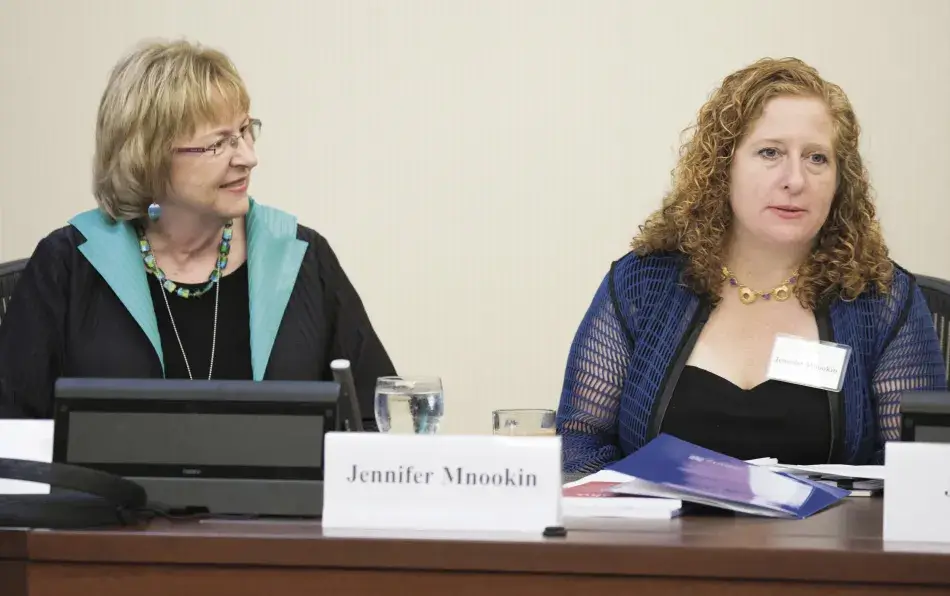
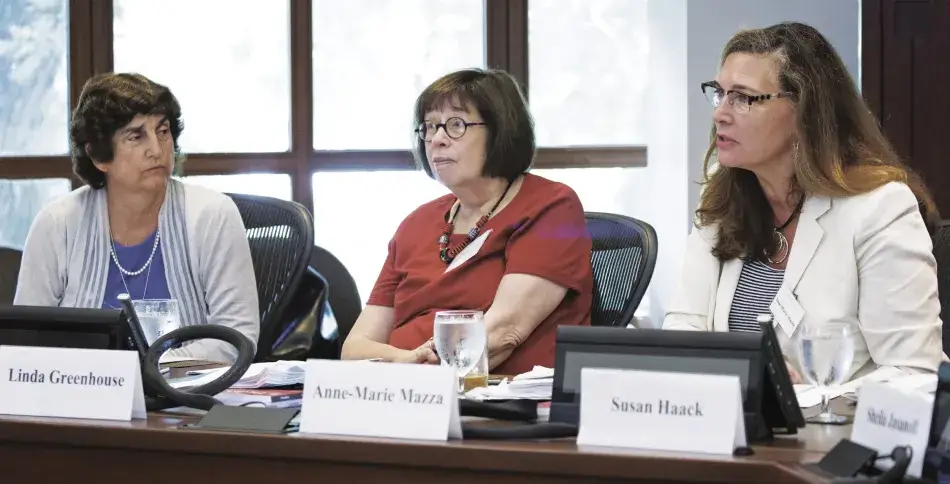
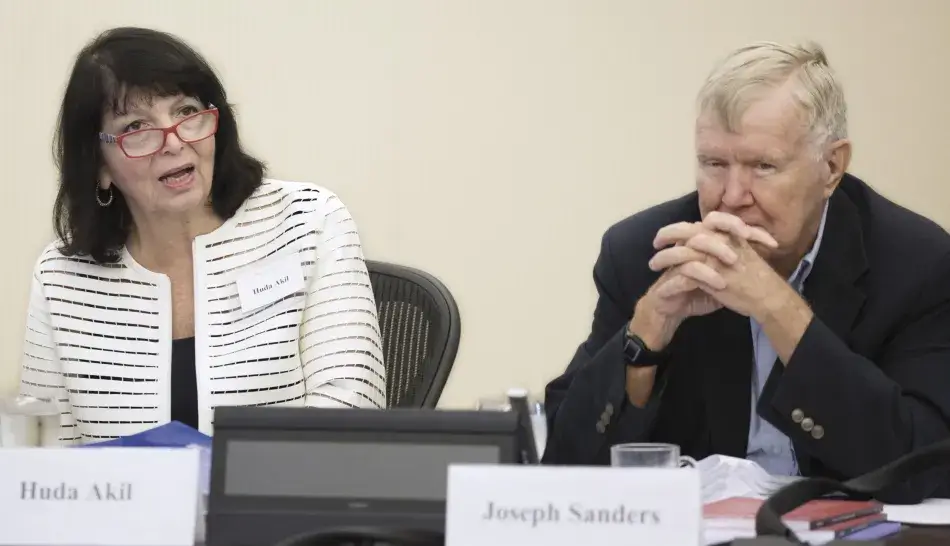
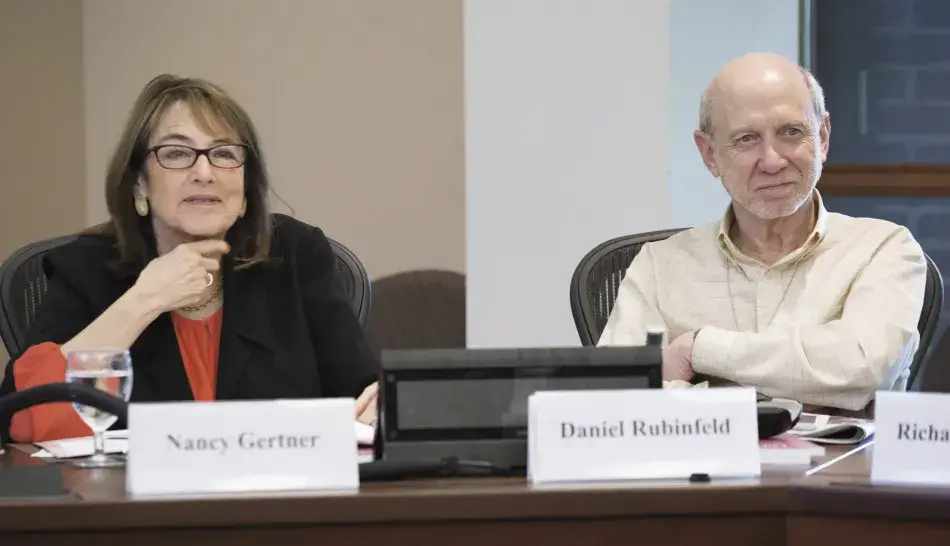
PREVIOUS EXPLORATORY MEETINGS
Nationalism, Populism, and the Future of Global Governance
June 12, 2017
Cambridge, MA
The Future of Public Media
June 5, 2017
New York, NY
The Children of Immigrants in New Places of Settlement
April 20–21, 2017
Cambridge, MA
Building and Strengthening the Joint Comprehensive Plan of Action (JCPOA)
February 5–6, 2017
Cambridge, MA
Women and Equality
December 10, 2016
Cambridge, MA
R2P: Cultural Heritage
November 29–December 1, 2016
London, England
Best Practices in Philanthropic Funding
October 17–18, 2016
Cambridge, MA
Preserving Intellectual Legacies in a Digital Age
September 22–23, 2016
Cambridge, MA
Native Americans and Academia
August 21–23, 2016
Cambridge, MA
The Future of Jazz in America
May 19, 2016
Cambridge, MA
Bridging the Gap between Area and Global Studies
March 7, 2016
Cambridge, MA
Collaborative on Autism and Sign Language
December 12–13, 2015
Cambridge, MA
Making Justice Accessible
November 11–12, 2015
Cambridge, MA
Understanding the New Nuclear Age
June 19, 2015
Cambridge, MA